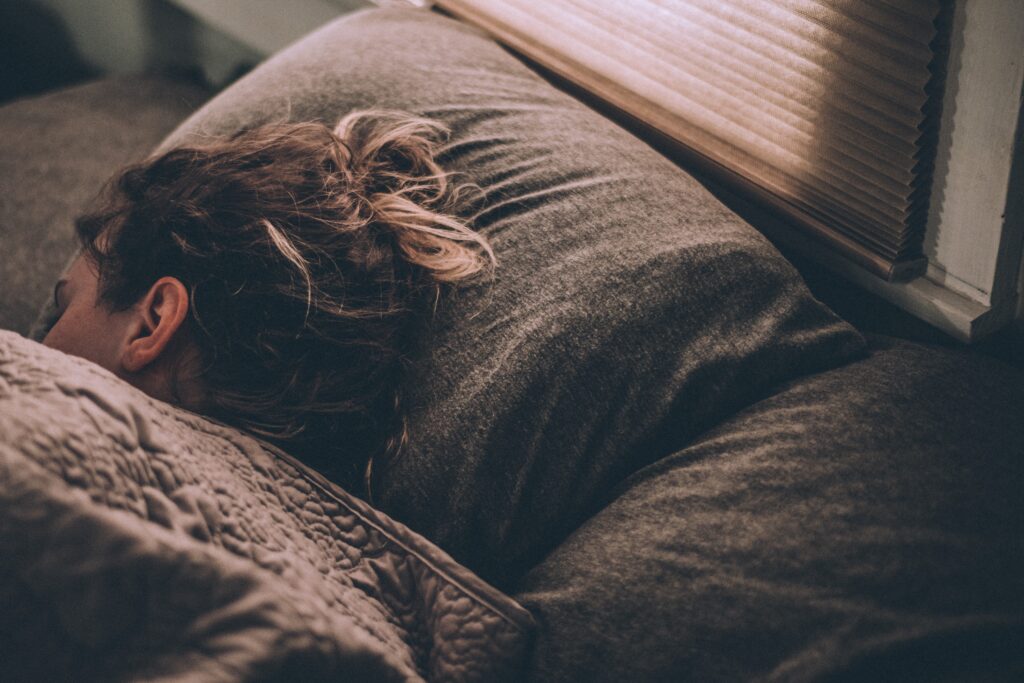One of the first things that you will learn about anxiety is that its symptoms can negatively affect your sleep. But, what really needs to be highlighted is that anxiety affects rest. In so many cases, the sleep problems a person has are caused by anxiety, not by physical health, as most initially believe.

A Few Basics About Anxiety
We all feel anxious once in a while because of life circumstances. This is not what we mean when we refer to anxiety. When your anxious state is persistent and there is no cause in sight, there is a very good possibility you are suffering from some type of anxiety. Keep in mind there are several types, ranging from generalized anxiety to disruptive mood dysregulation disorder. The common symptoms that should be mentioned are:
- Fatigue
- Sweating
- Irritability
- Muscle tension
- Trembling
- Sleeping problems
- Avoiding social situations
Sleep And Anxiety
The common relation between sleeping and anxiety is that having problems with your sleep is a very common symptom of the condition. How much it affects you varies from stopping you from falling asleep to having an unsatisfying sleep. In most cases, people find themselves thinking about things with no end or solution. Even during sleep, the thinking continues. You can even worry about really small things and end up making them much more than they truly are.
Anxiety can lead to disturbing dreams. Your REM (rapid eye movement) sleep is affected, so you have really vivid dreams. Those vivid dreams become disturbing and the condition just makes them more disturbing. Eventually, a person affected by anxiety with sleeping problems ends up feeling afraid of even going to bed. This can only lead to more health problems.
Sleep anxiety is a specific condition that appears when sleeping problems appear. Because it becomes very tough to stay asleep or fall asleep, the individual ends up feeling dread of going to bed. This is due to the constant belief that nothing can be done to actually fall asleep. Such anticipatory anxiety will disturb sleep even more as it continues.
Lack Of Sleep And the Body
It is not just anxiety that affects sleep. Sleep also directly affects anxiety. When you do not sleep, your emotional and mental health are negatively impacted. This only makes anxiety problems worse. As sleep deprivation appears, your anxious feelings become worse and worse. The sleeping schedule is even more affected. Basically, you end up faced with a cycle of anxiety and sleep problems. If you are faced with something like this, the best thing you can do is go to a doctor because treatment is necessary.
Final Thoughts
The most important thing to remember is that the only way in which your sleep will be improved when problems are caused by anxiety is to address anxiety. Several coping strategies and treatment methods can be used from CBT to medication. An experienced medical professional can help you by monitoring the evolution of your anxiety and the quality of your sleep. In extreme cases, you can even be hospitalized for highly advanced monitoring and treatment.

